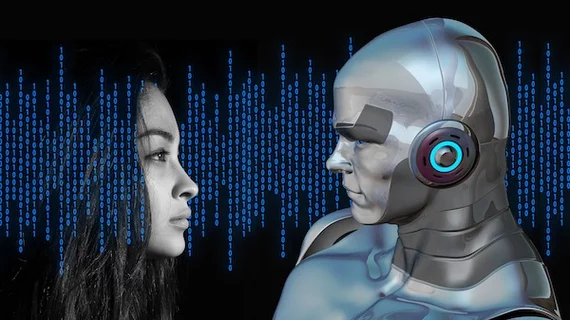Machine learning expert sees machine coexist with man in Case Western lab
Anant Madabhushi, professor of biomedical engineering at Case Western Reserve University in Cleveland, has seen his deep learning computers outperform humans at diagnosing heart failure, detecting cancers and determining their strength. But, he knows these tools can’t replace his team.
“There’s initially always going to be some wincing and anxiety among pathologists and radiologists over this idea—that our computational imaging technology can outperform us or even take our jobs,” said Madabhushi, whose team has receive more than $9.5 million from the National Cancer Institute to develop cancer-related tools, in a university story.
These algorithms can certainly help humans though, Madabhushi said. Diagnostic imaging computers in his Center for Computational Imaging and Personalized Diagnostics lab can read, log, compare and contrast hundreds of tissue sample slides in significantly less time than a human. The new information can help more accurately triage patients and improve overall care, he said.
Read the entire profile below:

